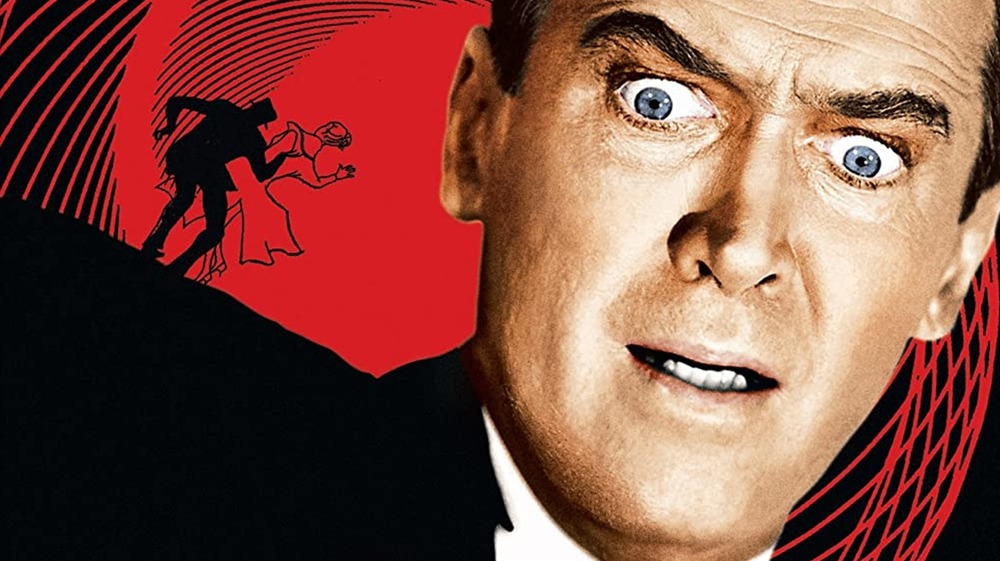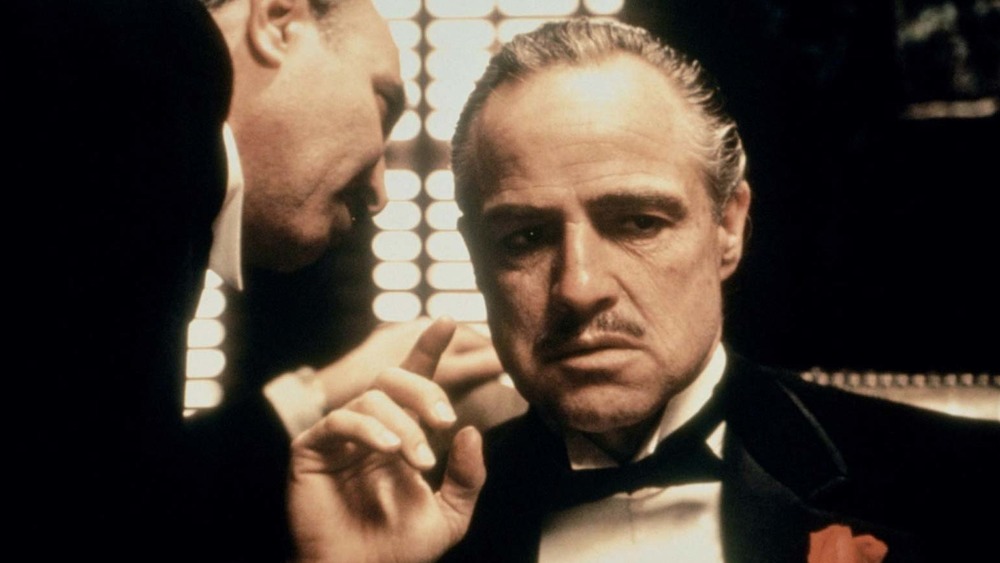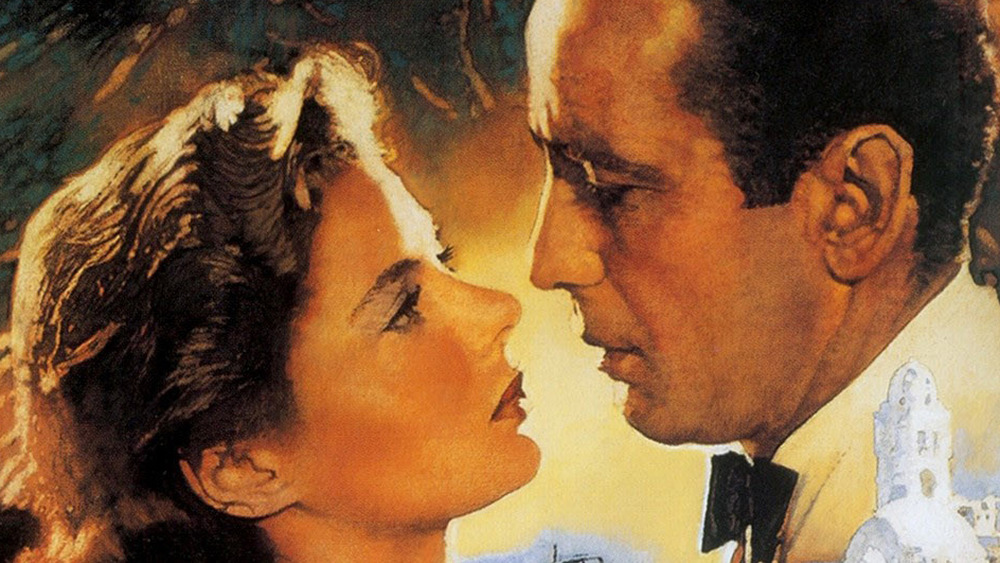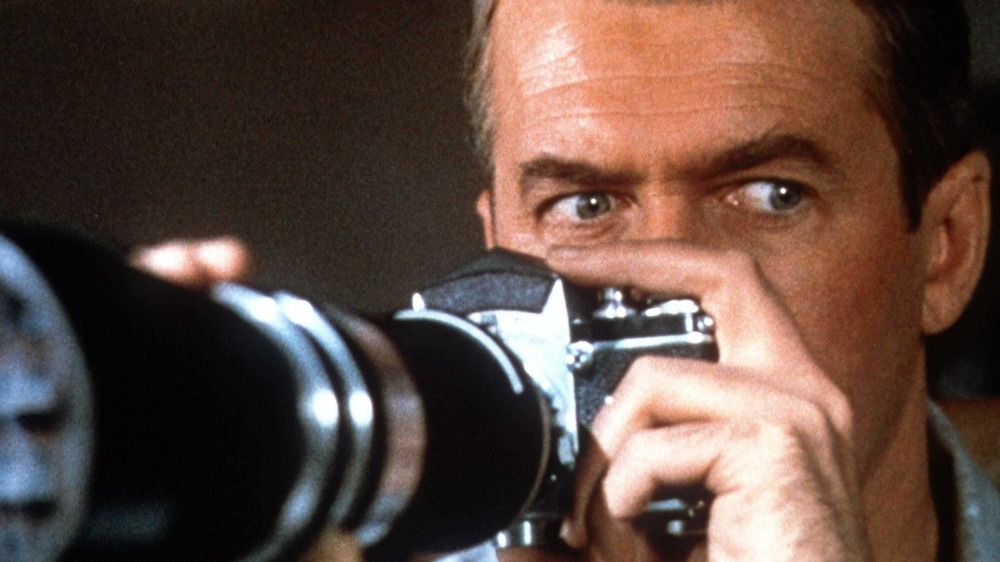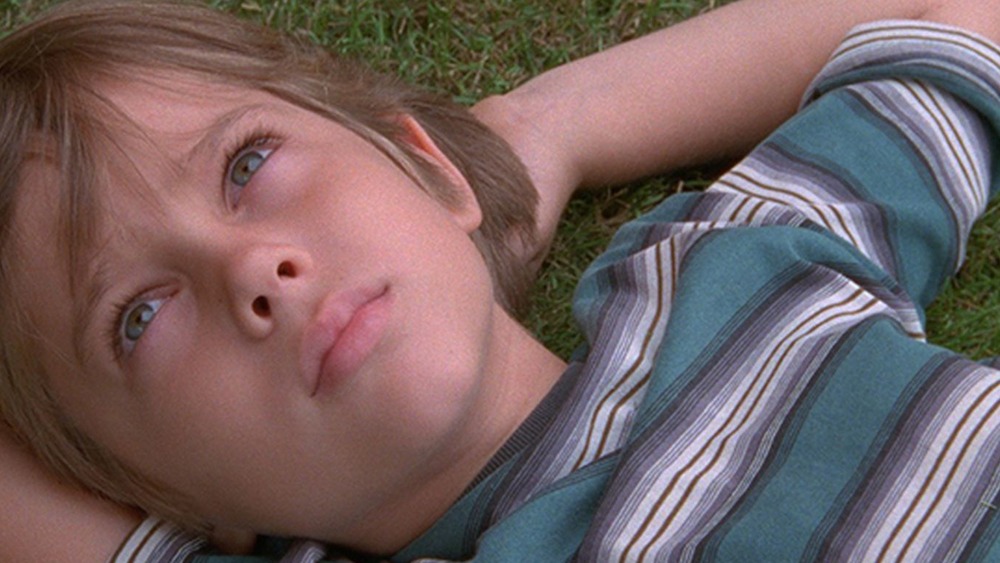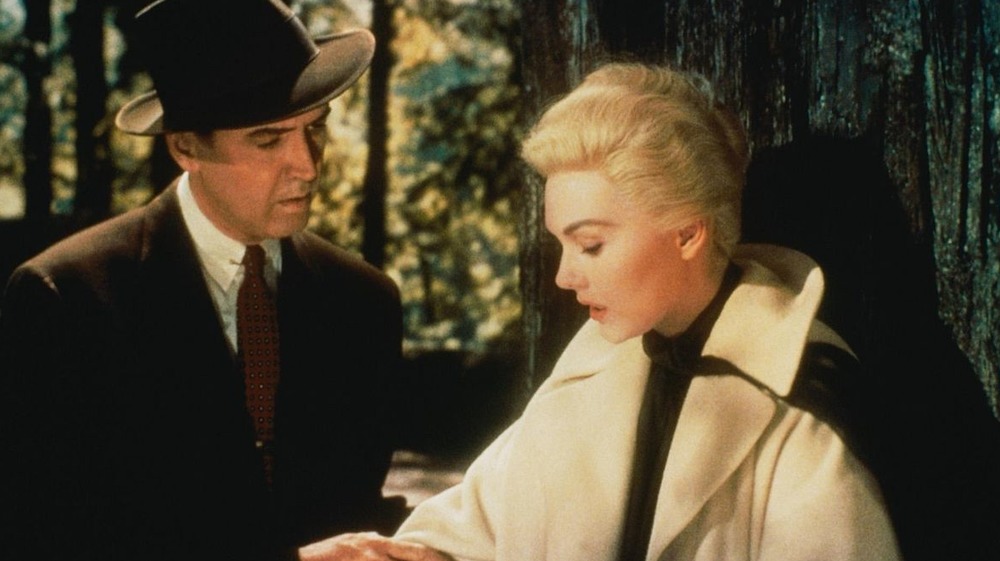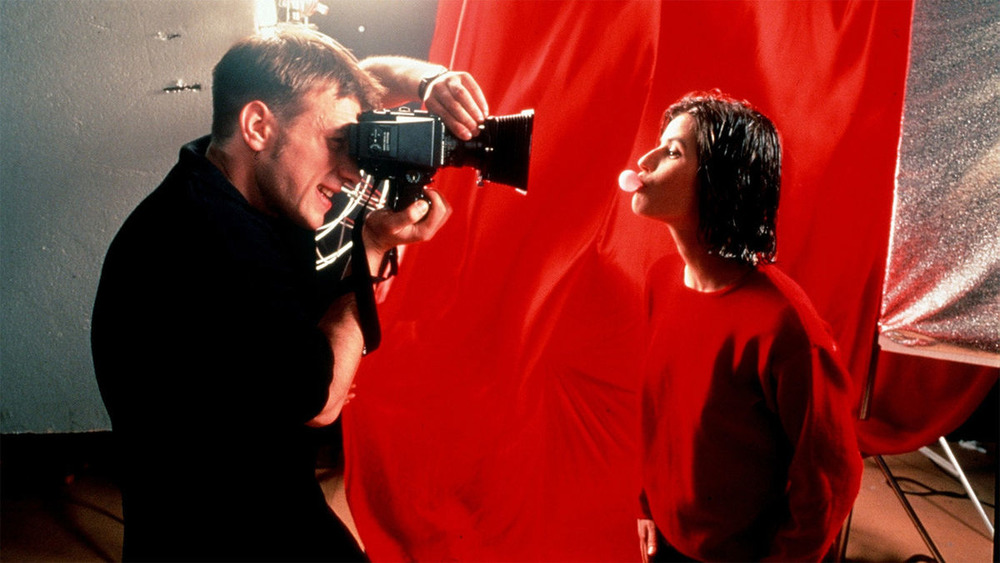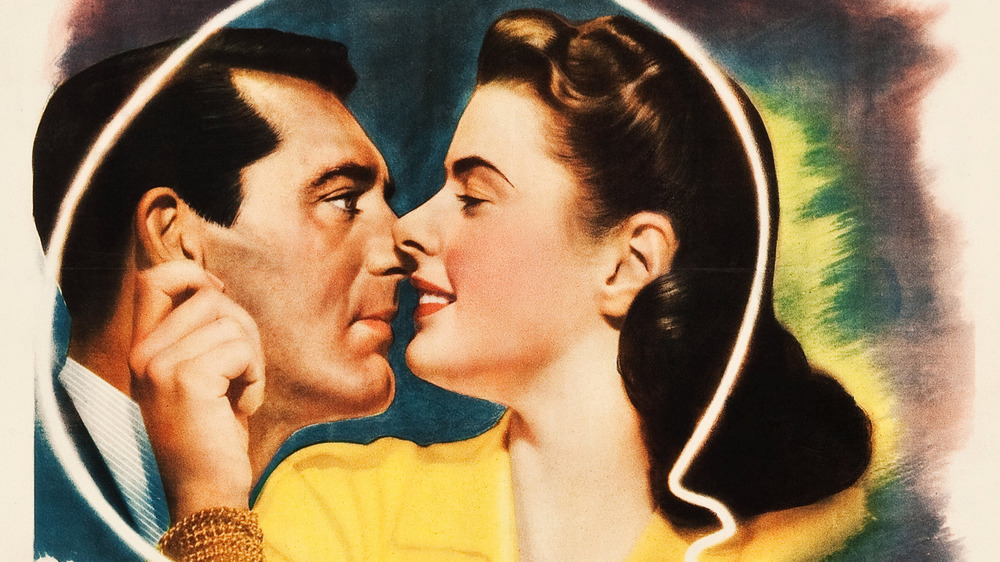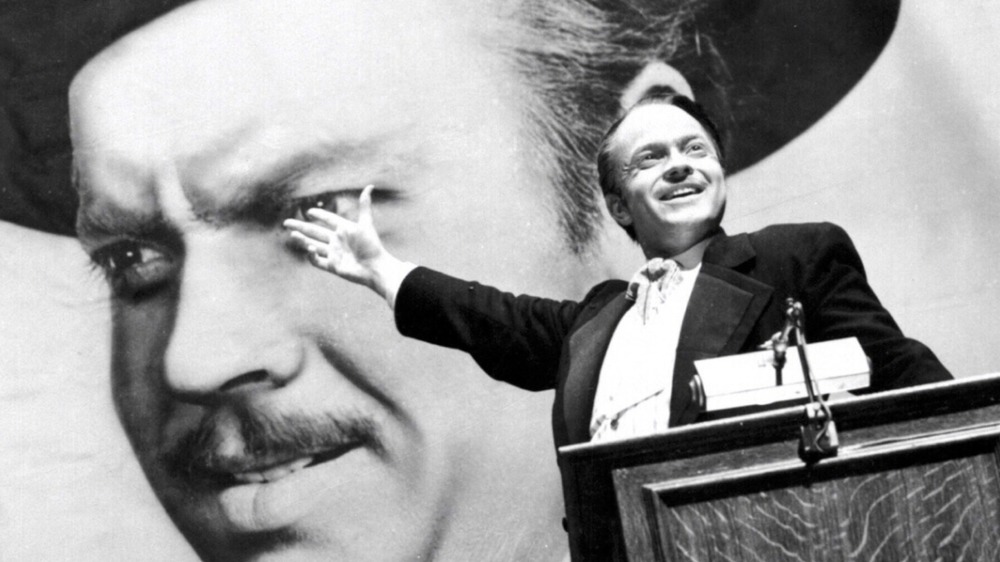There Are Only Eight Perfect Movies According To Metacritic Ratings
The idea of a "perfect" film may seem a bit too conceptual to be plausible; after all, everyone has a different opinion, making it difficult for one film to be collectively and objectively deemed as without flaw. That's where sites like Metacritic come in — by aggregating a collection of expert opinions, they can present users with a consensus that's often more reliable than the word of a single critic. Metacritic collects reviews from an assortment of publications and critics, giving each a rating and then calculating a collected average — the result is the Metascore, a number from 1 to 100, which represents the merit of a film.
According to their database, there are just eight films in existence that are "perfect," meaning they have a Metascore of 100. There are a plethora of films with coveted prestige surrounding them — Rosemary's Baby, Taxi Driver, or, more recently, Moonlight and Parasite. However, while these films come very close, none of them have a perfect Metascore. Here is a breakdown of the mere eight films that do have that sought after perfect score.
The Godfather
It's likely no surprise that Francis Ford Coppola's The Godfather, originally released in 1972, made this list, as it's one of the most acclaimed films of all time. It received ten nominations at the 45th Academy Awards and won three of those, including Best Picture. Meanwhile, its 1974 followup became the first sequel to ever win Best Picture. Taking place in 1940s New York, the film follows the Corleone family — including patriarch Vito (Marlon Brando) and the son who eventually rises to power within the family, Michael (Al Pacino) — as they work to protect their mafia against rival families.
The Washington Post praised the film's "revolutionary" cinematography, bringing attention to both Coppola and cinematographer Gordon Willis, defining the film as "a great American picture, full of incredible images and lasting moments." The story, cowritten by Coppola and Mario Puzo (based on Puzo's book of the same name), is also praised for its nuances, parallels of themes and complexity — well paced within its nearly three-hour runtime. The New Yorker discussed its "classic grandeur of narrative flow" and Coppola's handling of the intricacies of plot.
There's no shortage of reasons to experience the saga of the Corleone family, but what so much of the acclaim boils down to is how the family's story so vividly depicts and reflects the concept of the American Dream.
Casablanca
Casablanca, another Best Picture winner, has become iconic in a multitude of ways since premiering in 1942. For example, it has some of the most referenced and recognizable lines of any film ever — including "Of all the gin joints..." and "Here's looking at you, kid," to name just a couple.
Casablanca introduces viewers to Rick Blane (Humphrey Bogart), an American living in Casablanca, Morocco, where he unexpectedly crosses paths with his old flame Ilsa Lund (Ingrid Bergman) — as well as her husband, Victor Laszlo (Paul Henreid). Rick must decide whether to help Ilsa and Victor, a Czech resistance leader and fugitive, escape from Casablanca.
TIME Magazine went as far to call it the best movie of all time, citing its, well, every detail: "No other moving picture has surpassed its inspired mix of writing, acting, atmosphere, romance, intrigue and, finally, its absolutely sublime pacing." Other critics have praised its "interplay of character [and] Michael Curtiz's highly disciplined handling of the suspense" and its "precision, detail and beauty."
Rear Window
Unlike some of the other films on this list, Rear Window didn't actually win any of its four Oscar nominations, but is often included on lists of the best films of all time, including AFI's 100 Years... 100 Movies.
One of acclaimed filmmaker Alfred Hitchcock's dozens of directorial credits, Rear Window follows L.B. "Jeff" Jefferies (James Stewart), a newspaper photographer laid up with a broken leg. To pass the time he watches his neighbors, leading him to see what he believes to be a murder. Jeff decides to attempt to solve the crime himself, with help from his girlfriend Lisa (Gracy Kelly) and his nurse Stella (Thelma Ritter),
Most of this film's acclaim goes directly to Hitchcock, who is praised for his ability to make the viewer feel "titillated, horrified, and, ultimately, purged." At the time of Rear Window's premiere in 1954, the Boston Globe wrote "The story is told with tricks and intricate technique, but the mystery magician, Mr. Hitchcock, never forgets that what people want most is a spine-chilling climax." Along with Hitchcock, the script (written by John Michael Hayes) receives its fair share of admiration. The New York Times lauded its utilization of the "boorish but fascinating pastime of peeking into other people's homes" as a "tense and exciting exercise." Whatever gets your pick for the strongest element of the film — whether it's the direction, the writing, or the acting — the verdict is clear: Rear Window is a must-see.
Boyhood
Richard Linklater's Boyhood, released in 2014, is the only film from this century with a perfect Metacritic score. Unsurprisingly, it garnered global acclaim, with director Linklater winning the Silver Bear for Best Director at the Berlin International Film Festival.
The film was shot over a 12-year span, beginning in 2001, in order to depict a hyper-realistic portrayal of growing up. Ellar Coltrane plays the film's protagonist, Mason, through the ages of six to 18. The plot points consist largely of seemingly mundane moments between Mason and his family, including his divorced parents, Olivia (Patricia Arquette, who won the Best Supporting Actress Oscar for the role) and Mason Sr. (Ethan Hawke). The script began with a "structural blueprint" and the dialogue was written and revised along the way.
Critics across the board agree with the merit of this film's foundational ambition, of following the same actors for over a decade to bring out the most authenticity for the story. Entertainment Weekly described the result of this process as "watching a photograph as it develops in the darkroom." Linklater and his cast all received significant praise for their roles in bringing this story to life — and the end result of this singularly patient filmmaking achievement is definitely well worth your time.
Vertigo
Alfred Hitchcock's Vertigo, which premiered in 1958, is another example of why the famed director has his stellar reputation — although it received mixed reviews upon its release and was not a box office hit (it did break even, but paled in comparison to other Hitchcock films). It comes by its perfect Metascore mostly courtesy of more recent, retrospective reviews.
Vertigo presents the character of John "Scottie" Ferguson (James Stewart), who has had to retire early from his position as a police detective due to an incident on the job that resulted in him developing acrophobia and vertigo. Scottie's acquaintance Gavin Elster (Tom Elmore) hires him as a private investigator to follow Gavin's wife Madeleine (Kim Novak). On the case, Scottie soon becomes obsessed with Madeleine — and another woman, Judy Barton (also played by Novak).
The Guardian addresses initial criticisms of Vertigo — its slow pace, its modest camerawork — and argues those are actually part of its merit, stating that the film "is quietly, calmly efficient in establishing character, atmosphere, and uncertainty." Another early criticism claimed the film is overly complex without payoff, but a more recent evaluation from the New Yorker interprets it as an "audaciously intricate melodrama" that doubles as an "an allegory for [Hitchcock's] own art of enticement." Fittingly for a film that deals with a fear of heights, Vertigo took time reaching its lofty critical perch — but there's no denying it's deserved.
Three Colors: Red
Three Colors: Red, the final installment of Polish filmmaker Krzysztof Kieślowski's trilogy (following Blue and White), is the only international film on Metacritic's list of perfect Metascores. It's international in more ways than one, too: The dialogue is in French and the events take place in Switzerland.
Each of the trilogy's chapters explores the French Revolutionary ideals of liberty, equality, and fraternity. Red depicts fraternity, as part-time model Valentine (Irène Jacob) and retired judge Joseph (Jean-Louis Trintignant) form an unlikely friendship after some initial animosity.
Many critics point to the lingering emotion the film exudes, with Variety calling it a "deft, deeply affecting variation on Krzysztof Kieślowski's recurring theme that people are interconnected in ways they can barely fathom." Meanwhile, Time Out gave a glowing review, defining the film as a masterpiece and stating, "Stunningly beautiful, powerfully scored and immaculately performed, the film is virtually flawless, and one of the very greatest cinematic achievements of the last few decades."
Notorious
The third and final of Hitchcock's films to appear here, Notorious came out in 1946 to rave reviews. It landed Claude Rains an Oscar nomination for Best Actor in a Supporting Role and Ben Hecht a nod for Best Original Screenplay.
Cary Grant plays U.S. government agent T.R. Devlin, who asks Alicia Huberman (Ingrid Bergman), the American daughter of a convicted German war criminal, to act as a spy on a group of Nazis in Brazil; she must win the affections of one of the Nazis, Alexander Sebastian (Claude Rains). When Alexander develops real feelings for Alicia after she and Devlin have already fallen in love, matters become very complicated.
Once again, Hitchcock was praised up and down the grid for his work as director. Time Out wrote that Hitchcock's "accuracy, efficiency and control" allows for an effect that is "dizzying, expressive and unique." The three leads each amassed substantial praise, as did the intricacy and thematic elements of the plot. The Chicago Reader stated, "The virtuoso sequences — the long kiss, the crane shot into the door key — are justly famous, yet the film's real brilliance is in its subtle and detailed portrayal of infinitely perverse relationships." Between the stellar performances, the intricate plot, and a consistently brilliant director, there's little reason to doubt this film's place on Metascore's "perfect" list.
Citizen Kane
Of the eight films with perfect Metacritic scores, Orson Welles' Citizen Kane may be the least surprising. It has shown up time and time again on multiple lists as not only one of the all-time greatest films, but arguably the greatest film ever made. It's perhaps the crowning artistic achievement for Welles, who co-wrote, produced, directed and starred.
The title refers to Charles Foster Kane (Welles), who starts the film at the end of his life. On his deathbed, he utters "rosebud" before passing, and reporter Jerry Thompson (William Alland) embarks on an investigation to unravel the meaning of Kane's mysterious final word. This investigation takes the audience along during Kane's rise from obscurity to massive success as a wealthy newspaper publisher, revealing the complex drives behind the enigmatic man.
The bulk of the praise for Citizen Kane has understandably focused on Welles, with many critics bringing attention to his young age — he was merely 25 during the making of the film. The Hollywood Reporter wrote of Welles as an actor, stating that "Welles' performance is nothing less than astonishing. He begins as a youth of 21, goes through middle age to his death, and makes every moment believable in voice, walk, and gesture." Additionally, critics praised the film as "exciting for the recklessness of its independence" and argued that, as a character study, it "is rarely, if ever, equaled." Needless to say, if you're a film fan and you haven't seen Citizen Kane yet, it needs to be in your queue.
